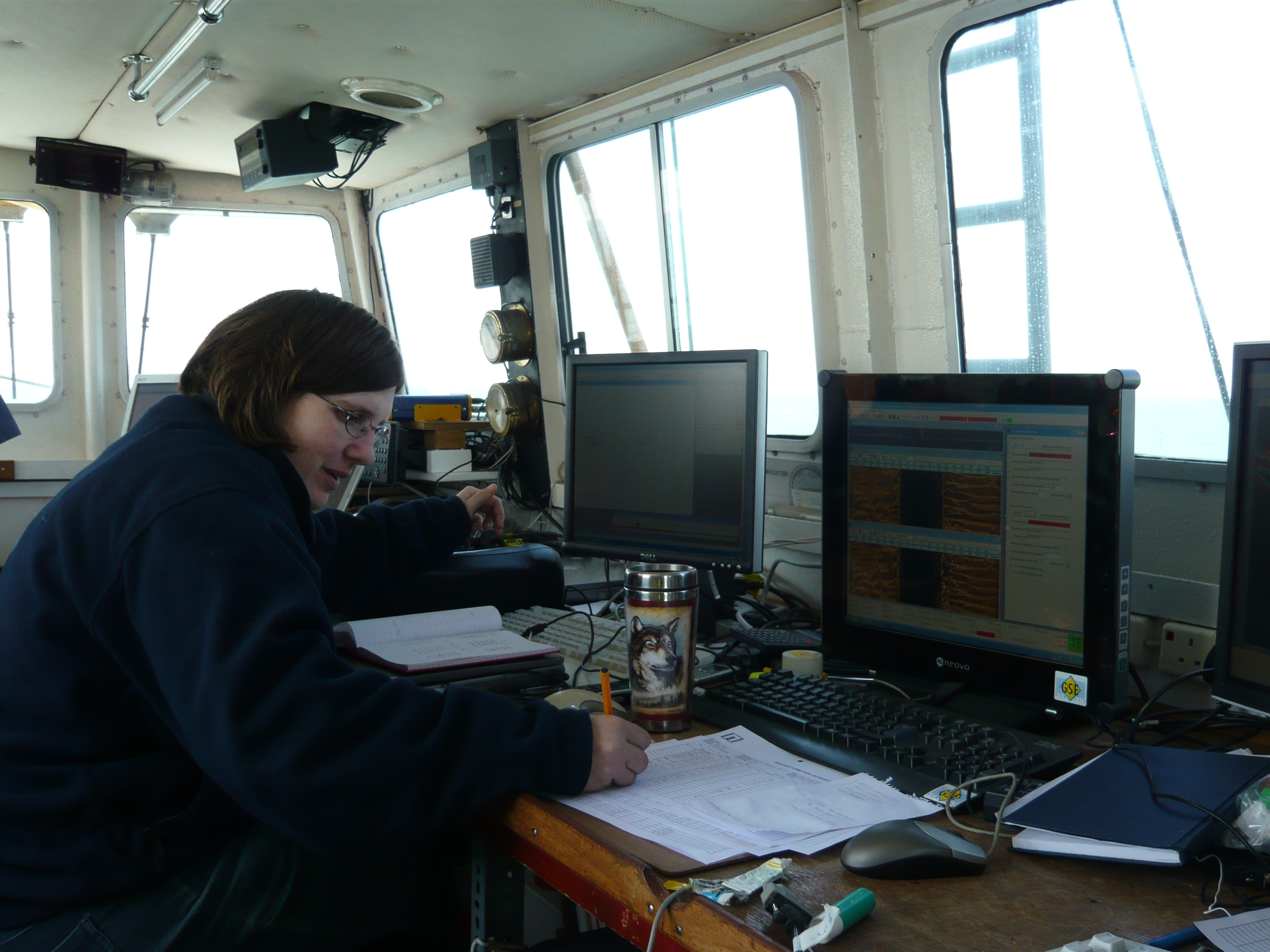All Categories
Featured
Table of Contents
Geophysicist Job Profile in Perth Aus 2021

(PREM)., and the limits between layers of the mantle are consistent with stage shifts.
This makes plate tectonics possible. Schematic of Earth's magnetosphere. The solar wind Circulations from left to. If a world's electromagnetic field is strong enough, its interaction with the solar wind forms a magnetosphere. Early space probes mapped out the gross measurements of the Earth's magnetic field, which extends about 10 Earth radii towards the Sun.
Inside the magnetosphere, there are fairly dense regions of solar wind particles called the Van Allen radiation belts. Geophysical measurements are usually at a particular time and location.
Geophysical Surveys: Definition & Methods in Pearsall Oz 2022
A three-dimensional position is determined using messages from four or more visible satellites and referred to the 1980 Geodetic Referral System. An option, optical astronomy, integrates astronomical collaborates and the regional gravity vector to get geodetic collaborates. This method just offers the position in two collaborates and is harder to use than GPS.
Gravity measurements ended up being part of geodesy since they were required to associated measurements at the surface of the Earth to the referral coordinate system.
Sea level can also be determined by satellites using radar altimetry, adding to a more accurate geoid. In 2002, NASA introduced the Gravity Recovery and Climate Experiment (GRACE), in which two twin satellites map variations in Earth's gravity field by making measurements of the range in between the 2 satellites utilizing GPS and a microwave varying system. Satellites in area have made it possible to collect information from not just the noticeable light area, but in other locations of the electro-magnetic spectrum. The planets can be identified by their force fields: gravity and their electromagnetic fields, which are studied through geophysics and space physics. Determining the changes in velocity experienced by spacecraft as they orbit has enabled great details of the gravity fields of the worlds to be mapped.
Geophysical Surveys: Definition & Methods in Ashfield Oz 2021

Since geophysics is worried with the shape of the Earth, and by extension the mapping of features around and in the world, geophysical measurements consist of high precision GPS measurements. As soon as the geophysical measurements have actually been processed and inverted, the interpreted results are outlined utilizing GIS.
Many geophysics business have designed in-house geophysics programs that pre-date Arc, GIS and Geo, Soft in order to satisfy the visualization requirements of a geophysical dataset. Expedition geophysics is used geophysics that frequently utilizes remote noticing platforms such as; satellites, airplane, ships, boats, rovers, drones, borehole noticing devices, and seismic receivers.
Aeromagnetic information (airplane gathered magnetic data) collected using conventional fixed-wing airplane platforms must be fixed for electromagnetic eddy currents that are created as the airplane moves through Earth's electromagnetic field. There are likewise corrections related to changes in measured prospective field strength as the Earth rotates, as the Earth orbits the Sun, and as the moon orbits the Earth.
Geophysical Survey in Wattle Grove Oz 2023
Signal processing includes the correction of time-series information for undesirable sound or errors presented by the measurement platform, such as airplane vibrations in gravity data. It also includes the reduction of sources of noise, such as diurnal corrections in magnetic data. In seismic data, electro-magnetic information, and gravity information, processing continues after mistake corrections to consist of computational geophysics which lead to the last interpretation of the geophysical data into a geological analysis of the geophysical measurements Geophysics became a separate discipline only in the 19th century, from the crossway of physical location, geology, astronomy, meteorology, and physics.
The magnetic compass existed in China back as far as the fourth century BC. It was utilized as much for feng shui when it comes to navigation on land. It was not up until great steel needles could be created that compasses were used for navigation at sea; before that, they might not maintain their magnetism enough time to be useful.
By looking at which of 8 toads had the ball, one could determine the direction of the earthquake.'s (1600 ), a report of a series of precise experiments in magnetism.
What Is A Geophysicist? in Crawley WA 2023
In 1687 Isaac Newton published his, which not only laid the foundations for classical mechanics and gravitation but also described a range of geophysical phenomena such as the tides and the precession of the equinox. The first seismometer, an instrument efficient in keeping a continuous record of seismic activity, was developed by James Forbes in 1844. Geochemistry, Geophysics, Geosystems. National Aeronautics and Area Administration. Retrieved 13 November 2018.
Leipzig. Berlin (Gebruder Borntraeger). Runcorn, S.K, (editor-in-chief), 1967, International dictionary of geophysics:. Pergamon, Oxford, 2 volumes, 1,728 pp., 730 fig Geophysics, 1970, Encyclopaedia Britannica, Vol. 10, p. 202-202 Ross 1995, pp. 236242 Shearer, Peter M. (2009 ). Intro to seismology (2nd ed.). Cambridge: Cambridge University Press. ISBN 9780521708425. Stphane, Sainson (2017 ).
Latest Posts
Where Can A Geophysicist Work Other Than The Oil Industry? in Ellenbrook Oz 2021
Geophysicist in Como Aus 2022
Geophysical Surveys Definition & Meaning In Stock ... in Karrinyup Aus 2022